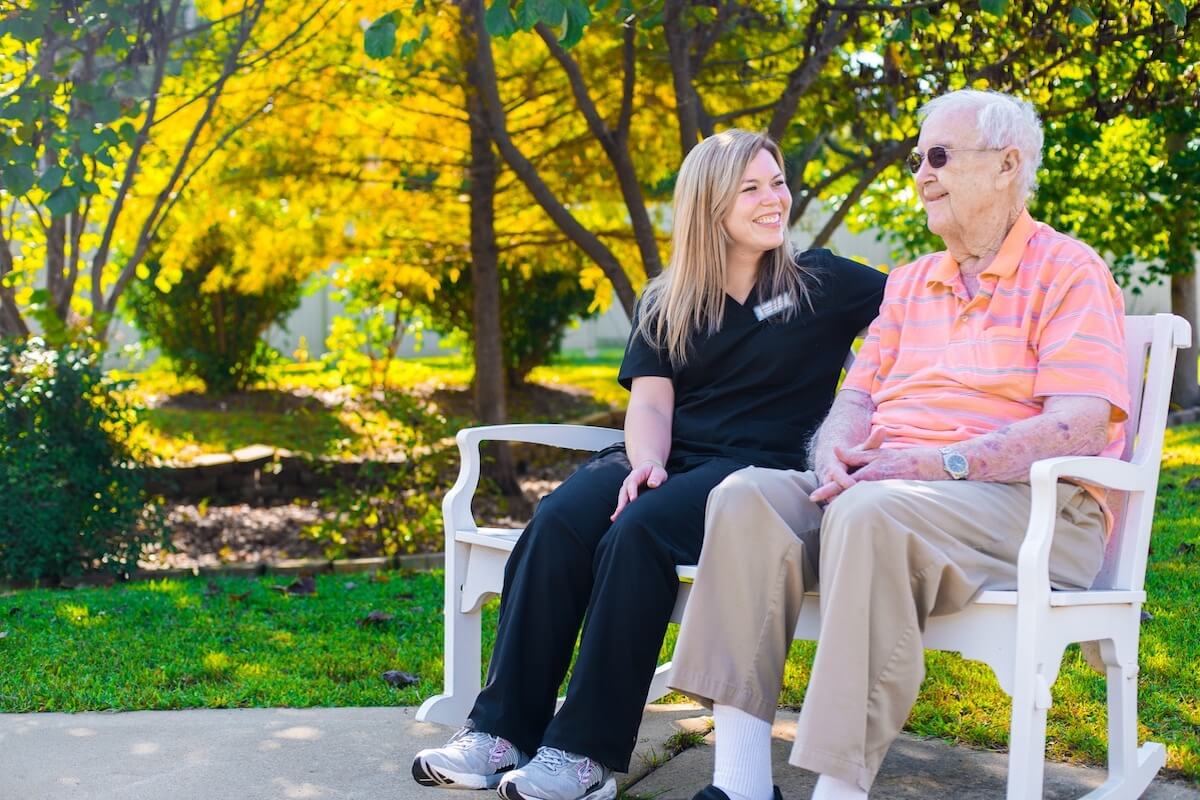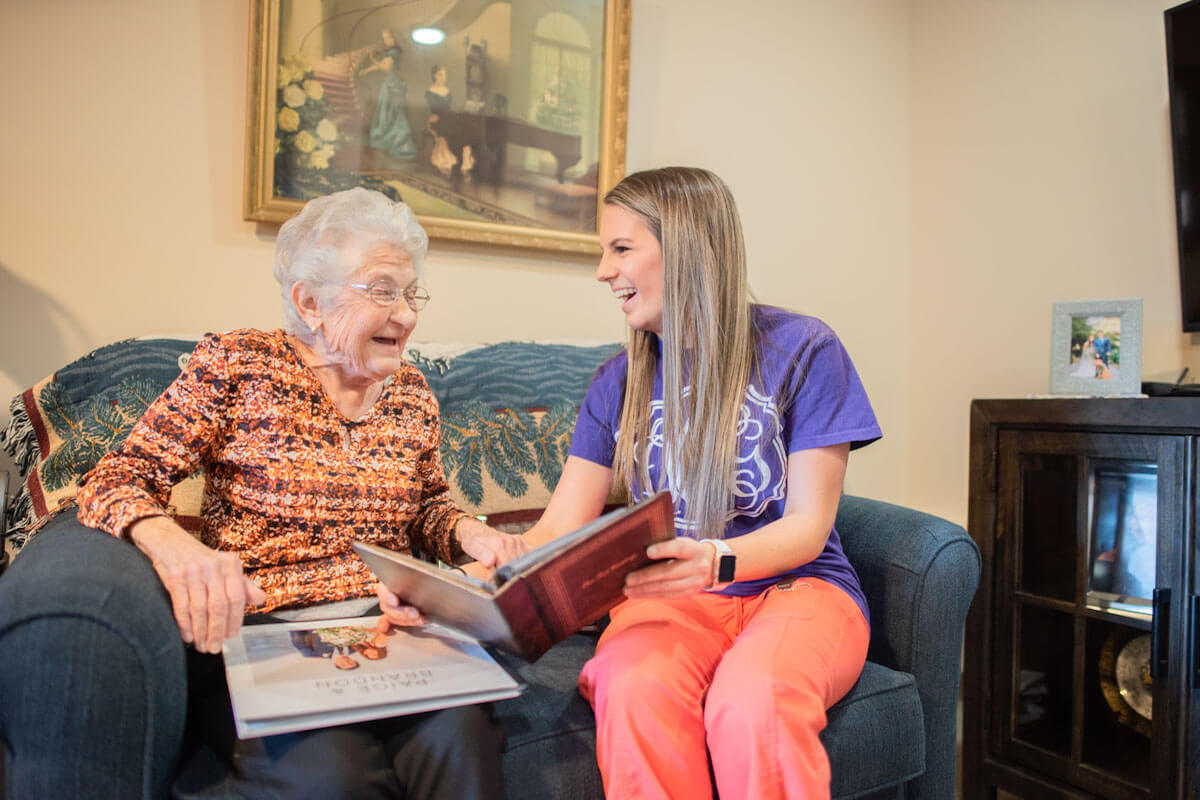Understanding the Differences Between Hospice and Palliative Care
Posted By Pavilion Senior Living on October 15, 2019
While palliative care is becoming a more sought out care option selected by millions of Americans every year, a large portion of the public may still be unaware of what these services are. In some ways, palliative care is a similar solution to hospice care, but the main difference is the altered approach behind it.
Though The Pavilion Senior Living does not offer hospice or palliative care services, we believe it is important for you to know all the care options available so you can make the right decision for your family. We want to help you navigate the differences between hospice and palliative care by providing you with an understanding of what each service offers and what to expect.
What is Hospice Care?
Hospice care is a type of care that is specific to those dealing with a terminal illness. Often called end-of-life care, the goal of hospice care is to give a person diagnosed with a life-limiting disease the chance to live by their terms. Most hospice care is done in the home of the patient, and its goal is to provide comfort over treatment. Hospice care aims to prevent or relieve pain or discomfort as much as possible and to improve the quality of life while respecting the patient’s wishes.
What is Palliative Care?
Though millions of Americans are currently using palliative care, most do not know or understand what the term means. Palliative care is a care option one may choose for a loved one who has been diagnosed with a serious illness (i.e., cancer, heart failure, etc.) and wants to further treatment while limiting the adverse side effects. The World Health Organization states that only about 14% of people who need palliative care currently receive it.
While modern medicine can save lives, it is not immune to adverse side effects. Palliative care focuses on relieving symptoms, pain, and physical or mental stress associated with dealing with a life-limiting illness. For instance, cancer patients going through chemotherapy may struggle with the effects chemo can have on their personal life and/or physical or mental health. While they don’t want to quit treatment, many seek palliative care to alleviate the symptoms or make symptoms more manageable. Though palliative care can be an important step in end-of-life care, it is not exclusive to this stage.
Knowing the Options
Although both hospice care and palliative care are important, they aren’t your only options. Skilled nursing is another option that has been growing in recent years. The benefits of skilled nursing offers 24-hour care, rehabilitation services, on-site therapies, ambulation, and regular wellness checks. Skilled nursing care can also be considered for those who have been recently hospitalized or need rehabilitation while dealing with a serious illness.
The Pavilion Senior Living’s skilled nursing services include compassionate care from our team 24-hours a day, rehabilitation, medication monitoring, and wellness checks. We understand that dealing with a loved one’s health can be difficult to navigate, but we hope this blog aided as a resource for you along your journey. If you are interested in learning more about The Pavilion’s skilled nursing services, we encourage you to contact us.
Tags: Caregivers & Caregiving

